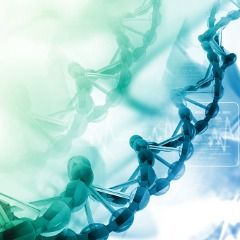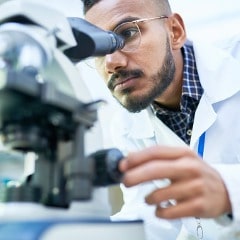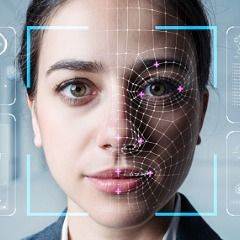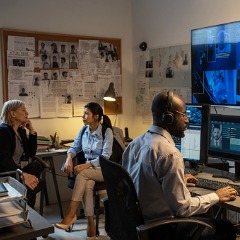
Barry Franklin
The blog provides specific information to help you decide if forensic science is the right choice for you. With the inside scoop on forensic science professors, schools and training programs, as well as detailed information on the steps and requirements to become a forensics professional, the ForensicsColleges.com blog is a fine place to begin your research.

DNA fingerprinting, also known as DNA profiling, emerged in the mid-1980s as a transformative tool in forensic science. The technique was pioneered by Sir Alec Jeffreys, a geneticist at the University of Leicester, who discovered that specific regions of DNA vary greatly among individuals, much like fingerprints.

Taking on debt to fund a college education used to be a direct path to social and financial advancement, but the latest studies show that student debt actually might hinder it. The good news is that help is out there for those who need it, and there are more scholarships available than ever before.

A forensic counselor’s decisions can drastically alter the course of someone’s life and that’s one of the reasons why rigorous academic and licensure requirements are in place for this profession.

While other forensic experts recreate crime scenes by analyzing blood and bullets, a certified forensic accountant uses analysis and attention to detail to track down financial criminals. A forensic accountant investigates legal documents and financial statements in order to find criminal or other illicit activity.

Bloodstain pattern analysts examine bloodstains at crime scenes in order to determine the events that caused the bloodshed. By analyzing the patterns, shapes, and distribution of bloodstains, they might be able to deduce the type of weapon used, the sequence of actions which took place, and/or the positions or movements of the victim, perpetrator, and any other people involved. This analysis helps in understanding the dynamics of the crime and can provide critical evidence in investigations and court proceedings.

Forensic scientists are a bold breed. Who else could, when asked to determine the makeup and origins of a single stray thread, accept the task with zeal? Welcome to the world of textile forensics, which analyzes fibers and fabrics found at crime scenes. Identifying those fibers and fabrics, and tracing them back to their origins, can, in turn, link them with suspects, victims, and locations. Entire investigations might hinge upon analyzing a sample thinner than a strand of human hair.

The roots of predictive policing can be traced back to the 1920s when the Chicago School of Sociology researched parole recidivism. They then used this data to factors that would correlate to the prediction of future crimes.

The Combined DNA Index System, commonly known as CODIS, is a tool used by law enforcement agencies to aid in solving crimes. Developed and maintained by the FBI, it is one of the largest DNA databases in the world, containing over 14 million offender profiles and over four million arrestee profiles, along with profiles from crime scenes, missing persons, and unidentified human remains.

Barry Franklin
Before co-founding Sechel Ventures Partners LLC, Barry Franklin was a VP at a Silicon Valley software company. He is an investor and advisor for DataSimply and Impellia. Barry believes that education and lifelong learning are paramount. Barry met his wife at Carnegie Mellon University and they have two beautiful daughters. He also volunteers for various committees at his kids’ high school.